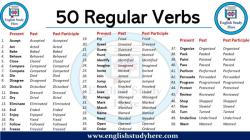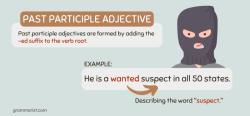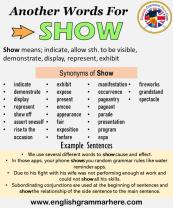When to use me vs Myself?
Knowing when to use "me" vs. "myself" in a sentence depends on the grammatical role each plays. Here's a simple guide:
"Me":
- Use "me" as an object pronoun.
- Example: They invited Sarah and me to the party.
- In this example, "me" is the object of the verb "invited."
"Myself":
- Use "myself" as a reflexive or intensive pronoun.
- Reflexive Example: I hurt myself.
- In this case, "myself" reflects the action back to the subject (I am both the doer and the receiver of the action).
- Intensive Example: I will do it myself.
- In this case, "myself" is used for emphasis, but there is no reflexive action involved.
Common Mistakes to Avoid:
Incorrect: They invited Sarah and myself to the party.
- Correct: They invited Sarah and me to the party.
Incorrect: Let's meet with Sarah and myself tomorrow.
- Correct: Let's meet with Sarah and me tomorrow.
Remember:
- If the pronoun is the object of a verb or preposition, use "me."
- Use "myself" when the subject and the object of the verb are the same (reflexive) or for emphasis (intensive).
Examples:
Object Pronoun ("Me"):
- She gave the book to me.
- The teacher praised Sarah and me.
Reflexive Pronoun ("Myself"):
- I prepared myself for the exam.
- They organized the event by themselves.
Intensive Pronoun ("Myself" for Emphasis):
- I will handle it myself.
- She herself completed the project.
In summary, use "me" when it's the object of a verb or preposition. Use "myself" when the subject and object are the same (reflexive) or for emphasis (intensive). It's important to choose the appropriate pronoun based on its grammatical function in the sentence.
When is it appropriate to use "me" versus "myself" in grammar?
Choosing between "me" and "myself" depends on their grammatical function in a sentence. Here's a breakdown of their usage:
Me:
- Used as the object of a verb or preposition.
- Examples:
- She gave the book to me. (object of verb "gave")
- They invited me to the party. (object of preposition "to")
- Please sit next to me. (object of preposition "next to")
Myself:
- Used as an intensive pronoun to emphasize the subject of the sentence.
- Used as a reflexive pronoun when the action of the verb reflects back on the subject.
- Examples:
- I myself wrote the essay. (intensive pronoun)
- I hurt myself when I fell. (reflexive pronoun)
- I did the project myself without any help. (intensive pronoun)
Here are some additional points to remember:
- If you can replace the pronoun with "him" or "her," use "me."
- If you can replace the pronoun with "himself" or "herself," use "myself."
- Avoid using "myself" after a preposition unless it is used reflexively. (Incorrect: They gave the book to myself.)
- Do not use "myself" as the subject of a sentence. (Incorrect: Myself went to the store.)
Here are some common mistakes to avoid:
- Using "myself" as the object of a verb or preposition when it should be "me." (Incorrect: He gave the book to myself.)
- Using "me" as an intensive pronoun when it should be "myself." (Incorrect: Me did the project without any help.)
By understanding the proper usage of "me" and "myself," you can improve your grammar and clarity in writing and speaking.













